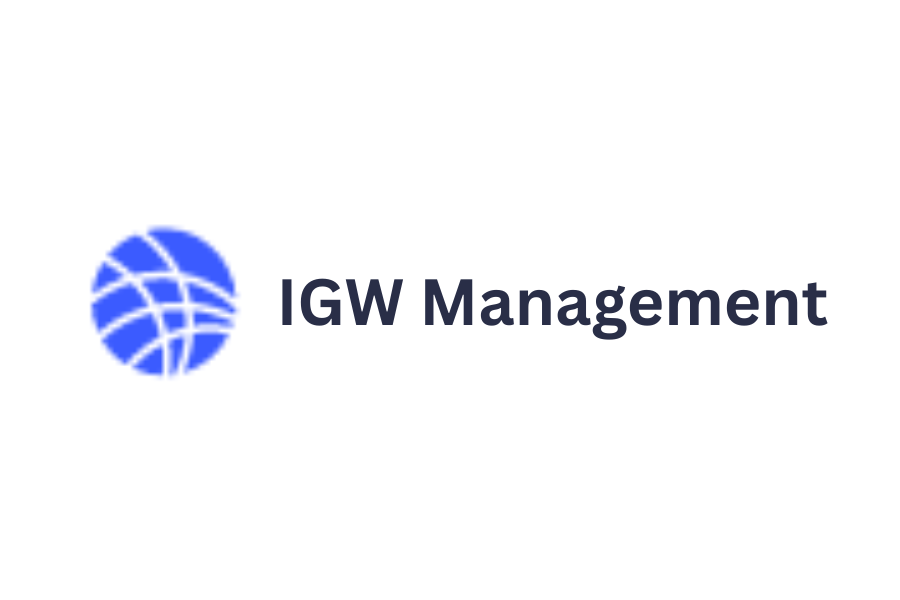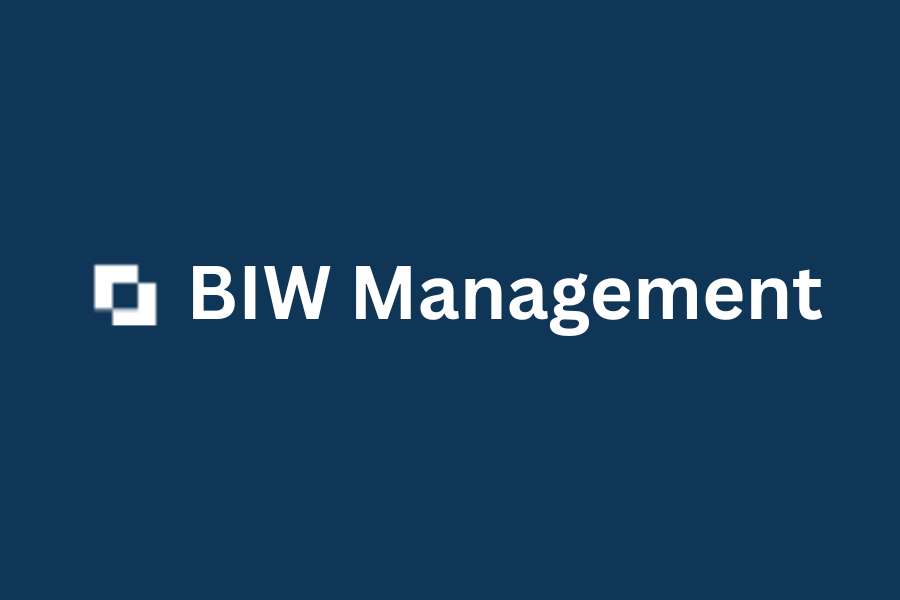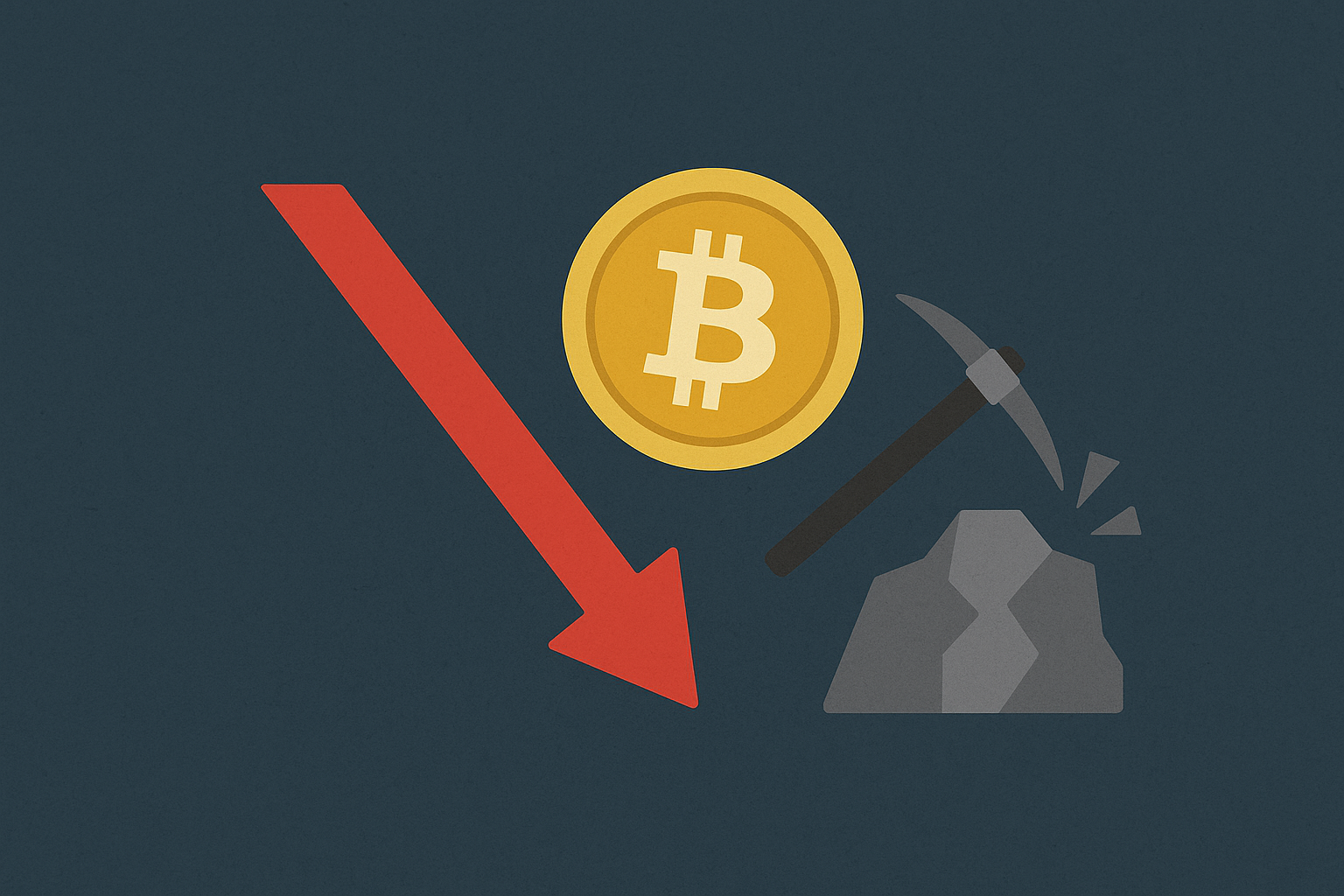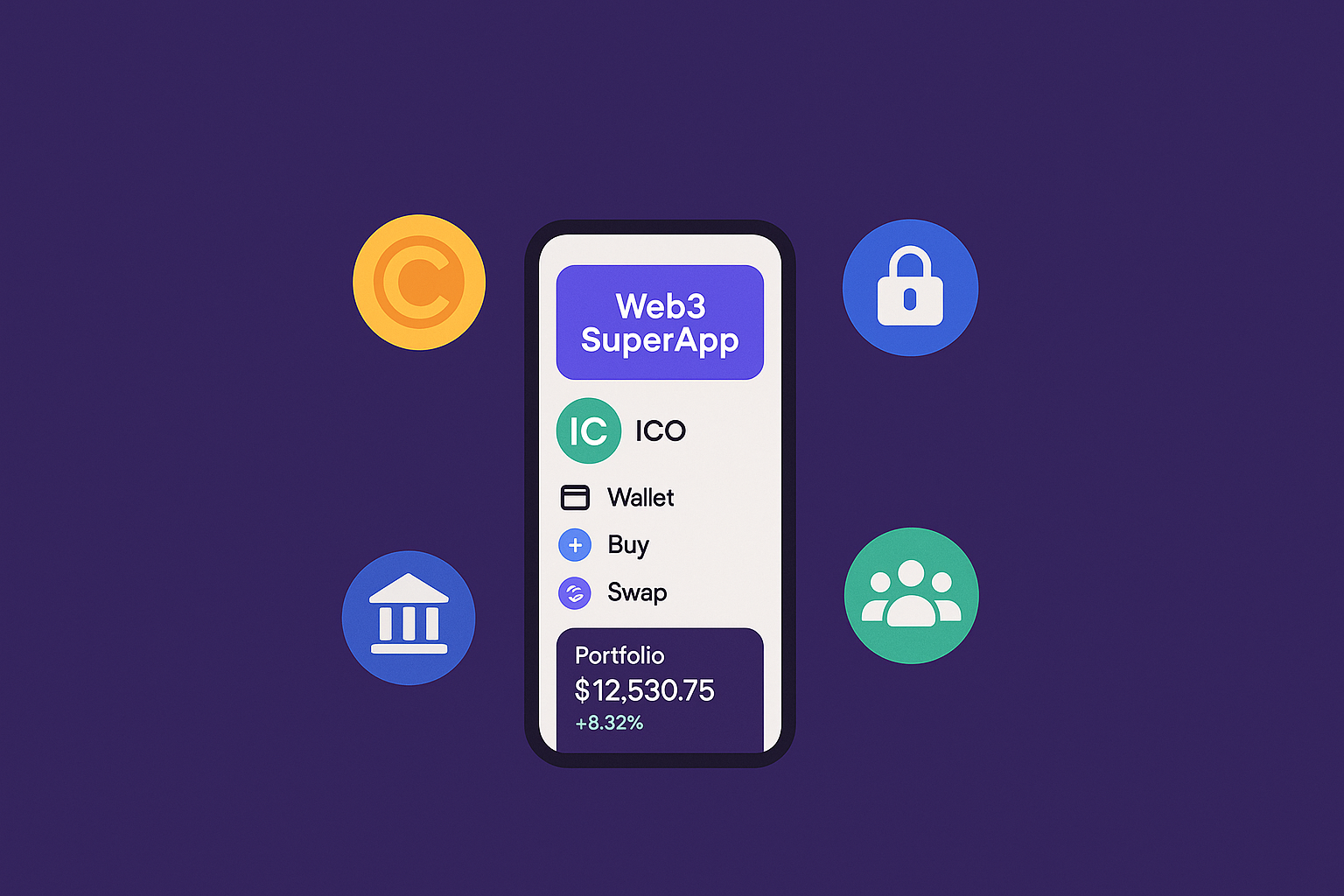Blockchain Technology
Deutsche Telekom’s T-Systems MMS Joins Injective Blockchain As A Validator: A Major Leap For Decentralization

Introduction
Deutsche Telekom, one of the world’s largest telecommunications companies, has taken another major step into the blockchain industry through its subsidiary, T-Systems MMS. The company has announced that it is now a validator for Injective, a rapidly growing blockchain network focused on decentralized finance (DeFi) and Web3 applications.
This move marks a significant milestone in the mainstream adoption of blockchain technology by traditional enterprises. As a validator, T-Systems MMS will play a crucial role in securing and validating transactions on the Injective blockchain. But what does this mean for the blockchain space, and why is it important for both Injective and the wider Web3 ecosystem?
In this article, we’ll explore the impact of Deutsche Telekom’s move, how Injective benefits from this collaboration, and what it means for the future of decentralized networks.
What Is Injective Blockchain?
Injective is a high-performance blockchain specifically designed for decentralized finance (DeFi) applications, derivatives trading, and cross-chain interoperability. Unlike traditional blockchains, Injective provides a completely decentralized exchange (DEX) infrastructure that enables traders to execute trades without intermediaries while maintaining high transaction speeds and low fees.
Key Features of Injective Blockchain
Cross-Chain Compatibility – Injective supports interoperability between various blockchains, including Ethereum and Cosmos.
Zero Gas Fees for Trading – Unlike Ethereum-based DEXs, Injective offers a gas-free trading experience.
Decentralized Order Book – Provides a completely decentralized order book, eliminating the need for centralized exchanges.
Developer-Friendly Ecosystem – Injective allows developers to build custom DeFi applications on its blockchain.
With these features, Injective has gained significant traction in the blockchain space, attracting investors, developers, and now, major corporations like Deutsche Telekom.
Deutsche Telekom’s Role In The Blockchain Space
A Growing Interest in Web3
Deutsche Telekom has been steadily increasing its presence in the blockchain sector over the past few years. The company first entered the space by supporting Ethereum staking, running validator nodes for Polkadot and Celo, and investing in blockchain infrastructure.
By joining Injective as a validator, Deutsche Telekom is further committing itself to the Web3 movement, reinforcing its belief in the power of decentralized networks. This move highlights the growing interest among traditional companies in playing a role in blockchain security and governance.
What Does A Validator Do?
In a Proof-of-Stake (PoS) blockchain like Injective, validators are responsible for:
- Processing transactions and adding them to the blockchain.
- Ensuring network security by validating blocks.
- Participating in governance to influence network upgrades and decisions.
T-Systems MMS will act as one of the validators in Injective’s network, helping to secure the blockchain while benefiting from staking rewards.
Why Is This Partnership Important?
1. Boosting Blockchain Adoption
With a global telecom giant like Deutsche Telekom getting involved, blockchain technology is receiving increased credibility and adoption. Large corporations engaging with decentralized technology encourage more businesses to follow suit, accelerating mainstream adoption.
2. Strengthening Injective’s Security
Injective is a relatively new blockchain compared to giants like Ethereum or Solana. Having Deutsche Telekom as a validator adds trust and legitimacy to the network, making it more attractive to developers and investors.
3. Enhancing Decentralization
One of the main challenges for blockchain networks is achieving a high level of decentralization. With major institutions joining as validators, blockchain networks like Injective reduce their dependence on a small group of validators, strengthening decentralization and security.
4. Encouraging Other Enterprises to Participate
Deutsche Telekom’s involvement in Injective sets a precedent for other enterprises to explore blockchain technology. As more companies join the space, blockchain networks will become more robust and resilient.
The Future Of Enterprise Blockchain Adoption
With large companies like Tesla, Microsoft, and now Deutsche Telekom showing interest in blockchain, enterprise adoption is becoming a major trend. But what does the future hold?
More Corporations Becoming Validators
As blockchain networks move away from Proof-of-Work (PoW) and adopt Proof-of-Stake (PoS) mechanisms, we can expect more companies to become validators. Companies with existing server infrastructure (like cloud providers) can easily integrate blockchain validation into their operations.
Telecom and Blockchain: A Natural Fit?
Telecommunication companies like Deutsche Telekom are in a unique position to support blockchain networks because they already operate massive global infrastructure. Some potential use cases include:
- Decentralized internet services (Web3-based ISPs).
- Blockchain-based mobile payments integrated into telecom networks.
- Secure data transactions using blockchain for IoT and 5G services.
More Investment in Web3 and DeFi
Institutional money is slowly flowing into DeFi projects. With the rise of staking and validator rewards, companies have financial incentives to participate in securing blockchain networks.
Challenges And Potential Risks
While this partnership is a positive development, some challenges still remain:
Centralization Risks
- If too many large corporations become validators, smaller participants may struggle to compete.
- Blockchain projects must ensure decentralization by balancing validator influence.
Regulatory Uncertainty
- Governments worldwide are still figuring out how to regulate blockchain and DeFi.
- New regulations could impact the role of corporate validators like Deutsche Telekom.
Security Concerns
- Large corporations are attractive targets for cyberattacks.
- If a validator is compromised, it could pose risks to the blockchain network.
Despite these challenges, Deutsche Telekom’s involvement is a strong validation of Injective’s technology and the broader blockchain industry.
Conclusion
Deutsche Telekom’s T-Systems MMS becoming a validator for Injective is a groundbreaking development for the blockchain industry. It signals a shift in how traditional corporations are embracing decentralized technologies and participating in the Web3 revolution.
This partnership benefits both Injective and the broader blockchain ecosystem by enhancing security, decentralization, and legitimacy. While challenges remain, the growing involvement of large enterprises in blockchain validation is a positive sign for the industry’s future.
As we move forward, it will be interesting to see how other telecom giants and corporations follow Deutsche Telekom’s lead in integrating blockchain into their business models. The future of blockchain adoption looks promising, and with major institutions stepping in, we are one step closer to a fully decentralized digital economy.











